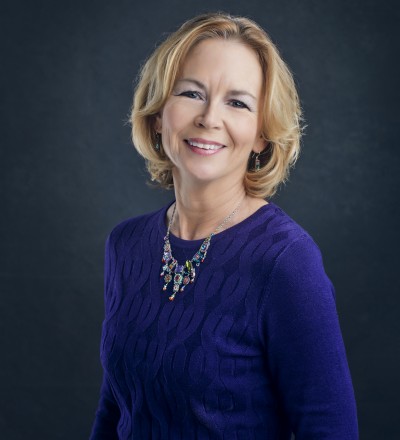Often after the divorce is final, people are too emotionally exhausted to address, or immediately address, all the details and tasks that must be handled. Checking that the homeowner’s policy names the correct insured is necessary and overlooking this detail can end up being costly if the named insured on the policy does not match the ownership of the property.
When homeowners’ insurance is applied for, the person applying for the insurance is the “named insured.” The other spouse may be specifically listed, listed by name as (but a named insured) or just listed in a general sense because the policy also covers any family ember also residing in the house.
Insurance companies require that there be an insurable interest to pay on a claim. If you are not on the deed or living in the home and married to the person who is the named insurance, you may not have an insurable interest.
The likeliness of not having an insurable interest is more likely to happen now in divorce because of higher interest rates and the difficulty in refinancing. More frequently now there is not a clean break when it comes to the marital home. Let us look at an example. Bob and Mary are getting a divorce. Bob owned the marital home before they married. Bob and Mary refinanced when mortgage rates were low and put the mortgage in both of their names but the deed was not changed. Bob has always been the named insured on the homeowner’s policy and Mary has been covered as “a family member residing in the property.” Bob and Mary have kids and Mary cannot afford to refinance the home but can afford to pay the existing mortgage and agrees to be legally responsible for the existing mortgage. Mary gives up Bob’s 401(k) plan to keep the home. Right after the divorce, Bob quitclaims the home to Mary as the divorce decree requires him to do. The homeowner’s policy was renewed just prior to the date of divorce and Mary does not change the policy. Three months later, there is a house fire and a lot of damage. Mary files an insurance claim and she is denied because (1) Bob is the named insured on the policy and he is no longer the homeowner and (2) Mary is no longer married to Bob.
Homeowners insurance, as well as life insurance and auto insurance, must be revisited upon divorce, and better yet, before divorce, so the coverage and costs are known during the divorce process. A Certified Divorce Financial Planner will bring money matters such as insurance to light during the divorce process.

